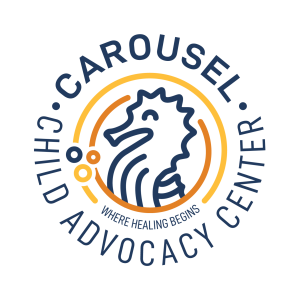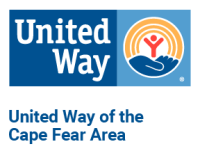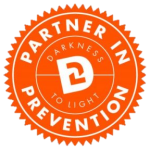Prevention Resources
Education and Support in the Tri-County Region
| Agency | County | Resources |
|---|---|---|
| A Safe Place | Brunswick, New Hanover, Pender |
|
| Carousel Child Advocacy Center | Brunswick, New Hanover, Pender |
|
| Coastal Horizons | Brunswick, New Hanover, Pender |
|
| Communities in Schools- BC | Brunswick |
|
| Communities in Schools of the Cape Fear | New Hanover, Pender |
|
| Keep Your Hands Off Me, Inc. | Brunswick, New Hanover, Pender |
|
| New Hanover Resiliency Task Force | New Hanover |
|
| Rape Crisis Center of Coastal Horizons | Brunswick, New Hanover, Pender |
|
| Smart Start of BC | Brunswick |
|
| Smart Start of NHC | New Hanover |
|
| Smart Start of PC | Pender |
|
| YWCA Lower Cape Fear | Brunswick, New Hanover, Pender |
|
Online Resources
| Organization | Audience | Resource |
|---|---|---|
| National Children’s Alliance | Parents/Caregivers, Victim Service/First Responder | Child Sexual Abuse Material Resource Toolkit: Resources to respond to the complex needs of victims of child abuse images, child sexual abuse material, or child pornography. |
| Safe Kids Thrive | Youth Serving Organizations | Elements of Prevention: Education and tools to build a foundation of a comprehensive child sexual abuse prevention plan at your Youth-Serving Organization (YSO). |
| National Center for Missing and Exploited Children | Parents/Caregivers, Victim Service/First Responder | NetSmartz: An online safety education program offering age-appropriate videos and activities to teach children how to stay safe online.
No Escape Room: 7-minute interactive experience that plunges parents and caregivers into the reality of financial sextortion. Resources for Child Exploitation Survivors: Learn more about reporting and removing child sexual abuse material, emotional and peer support, and locating therapists and attorneys. |
| One in Ten | Parents/Caregivers, Victim Service/First Responder | One in Ten Podcast: Hear from leading experts on science, law, medicine, morality, and messaging working to solve one of the world’s toughest challenges- child abuse. |
| Knot Today | Parents/Caregivers | Parent and Caregiver Guide: A user-friendly, quick resource guide to educate parents and caregivers on the potential dangers and risks children have from sexual predators. |
| The Mama Bear Effect | Parents/Caregivers, Youth Serving Organizations, Victim Service/First Responder | Prevention Education Resources: Provides a comprehensive list of prevention and education resources including webinars and resources for support, healing, and advocacy. |
| Stop It Now | Parents/Caregivers, Youth Serving Organizations, Victim Service/First Responder | Prevention Tools: Access trainings, tip sheets (safety planning, parents of children with disabilities, concerning behaviors, internet safety, etc.), guidebooks, library of resources, and more. |
| Sextortion Film | Parents/Caregivers, Victim Service/First Responder | Sextortion Film: Learn about the world of online grooming and sextortion of children- an increasingly growing threat in today’s digitally connected world. |
| Thorn | Parents/Caregivers | Thorn for Parents – Digital Safety Resources: Thorn for Parents can help you start an ongoing dialogue about digital safety and the risks of online abuse. Get tips and resources to help you protect your child online. |
| Positive Childhood Alliance North Carolina | Youth Serving Organizations | Toolkit – Child Sexual Abuse Prevention Policy: This toolkit is designed to help your organization become a safe space for children and families by guiding you through the creation of a basic child safeguarding policy. |



